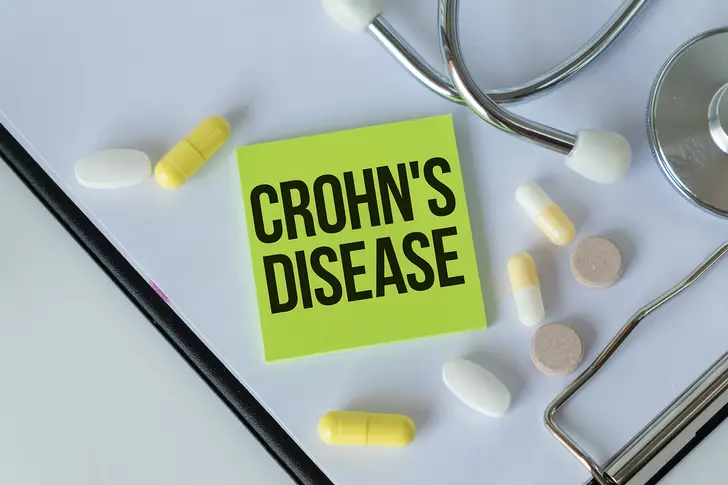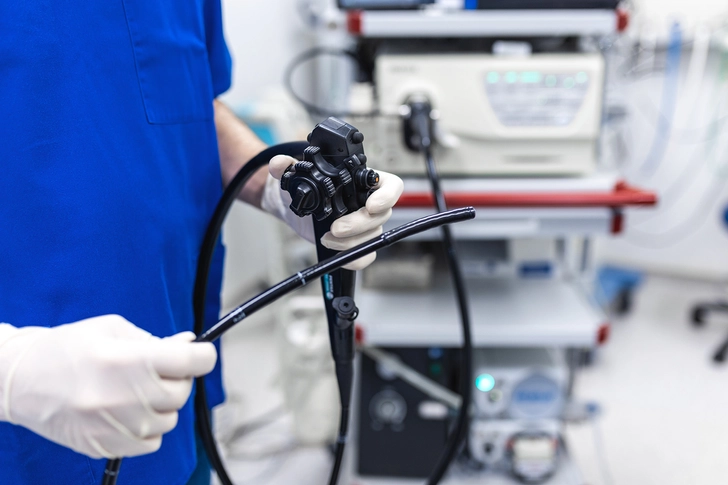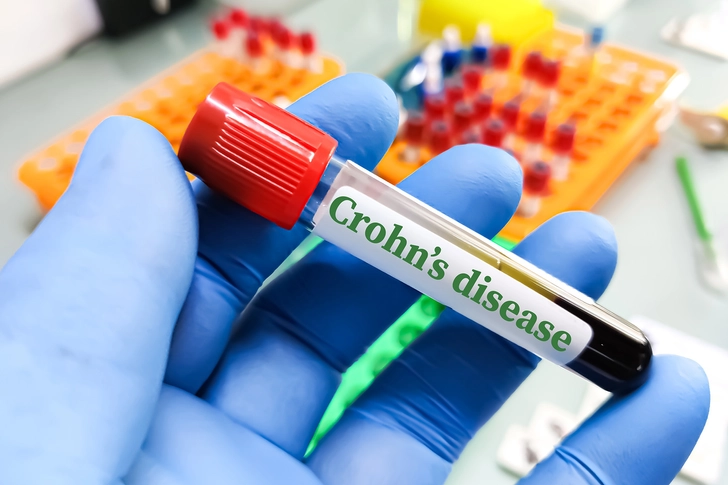- Overview
- Symptoms
- Causes & Risks
- Tests & Diagnosis
- Treatment
- Living With
- Complications
- Support & Resources
- Appointment Prep
- View Full Guide
Crohn's Disease Remission


Crohn's Disease: What Is Remission?
If you've been living with the pain of Crohn's disease, you may wonder what it would be like to be free of symptoms. This can happen – it's called remission, and it's the goal of your treatments. There are several types of remission in Crohn's disease, including clinical, deep healing, and surgical remission.

Clinical Remission
With clinical remission, you have no symptoms. It can result from medications, but sometimes it happens on its own. If you're taking steroids to keep the disease at bay, you aren't considered to be in remission.

Deep Healing
In the case of deep healing, the doctor finds no signs of disease when they check your colon with an endoscope, a tiny camera on the end of a long, flexible tube that helps the doctor see inside your digestive tract.

Surgical Remission
This means no disease activity after a surgery, particularly an ileocolonic resection. This is the most common type of surgery for Crohn's disease. It involves removal of the terminal ileum, where the small intestine meets the large intestine.

Other Types of Remission
With biochemical remission, your blood and poop don't contain certain substances that are signs of inflammation. In histologic remission, cells from your colon look normal under a microscope. This category is not well defined, however.

How to Know You're in Remission
The Crohn's disease activity index is one way to check. It measures 18 symptoms, including pain and diarrhea, and gives you a score. But the index isn't always accurate. Newer tests may work better to show you’re in remission, including blood tests and scopes and scans (such as a colonoscopy or CT scan.)

Relapse Rates
How long you're in remission can vary. For example, 20% of patients may relapse within one year, while 76% may relapse within 10 years.

How to Stay in Remission
Stick with your treatment plan. Avoid trigger foods and drinks, eat a healthy diet, and manage your stress. Don't smoke or get help to quit. Keep up with your doctor's appointments to make sure you have no signs of Crohn's coming back.
Photo Credits:
1) Inna Kot/Shutterstock
2) E+/Getty Images
3) Photoroyalty/Shutterstock
4) Olena Yakobchuk/Shutterstock
5) mojo cp/Shutterstock
6) Arif biswas/Shutterstock
7) Pressmaster/Shutterstock
8) Josep Suria/Shutterstock
Crohn’s & Colitis Foundation: “Maintenance Therapy,” “Can I Stop My IBD Therapy?” “Diagnosing and Managing IBD,” “Diet, Nutrition, and Inflammatory Bowel Disease,” “Facts about Inflammatory Bowel Diseases,” "Managing Flares and Other IBD Symptoms," "Signs and Symptoms of Depression."
Mayo Clinic: “Crohn’s Disease: Treatments and drugs,” “Mayo Clinic Q and A: Absence of treatment, Crohn’s disease tends to get worse over time,” "Crohn's disease: Diagnosis & treatment," "Crohn's disease: Symptoms & causes."
UpToDate: “Overview of the medical management of mild (low risk) Crohn disease in adults,” “Patient education: Crohn disease (Beyond the Basics).”
American College of Gastroenterology: “Management of Crohn’s Disease in Adults.”
Therapeutic Advances in Gastroenterology: “Factors associated with the achievement of mucosal healing in Crohn’s disease: the benefit of endoscopic monitoring in treating to target.”
Nature: “Usefulness of Different Pathological Scores to Assess Healing of the Mucosa in Inflammatory Bowel Diseases: A Real Life Study.”
Medscape: “Ileocecal Resection.”
Short Bowel Syndrome Foundation: “Crohn’s Disease.”
Inflammatory Bowel Diseases: “Fecal Calprotectin More Accurately Predicts Endoscopic Remission of Crohn's Disease than Serological Biomarkers Evaluated Using Balloon-assisted Enteroscopy.”
Nutrients: “An Examination of Diet for the Maintenance of Remission in Inflammatory Bowel Disease.”
Academy of Nutrition and Dietetics: "Crohn's Disease and Diet."
Current Gastroenterology Reports: "Environmental triggers for inflammatory bowel disease."
Gastroenterology & Hepatology: "Vitamin D and inflammatory bowel disease."
World Journal of Gastroenterology: "Clinical significance of granuloma in Crohn's disease," "How to predict clinical relapse in inflammatory bowel disease patients."